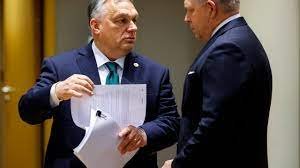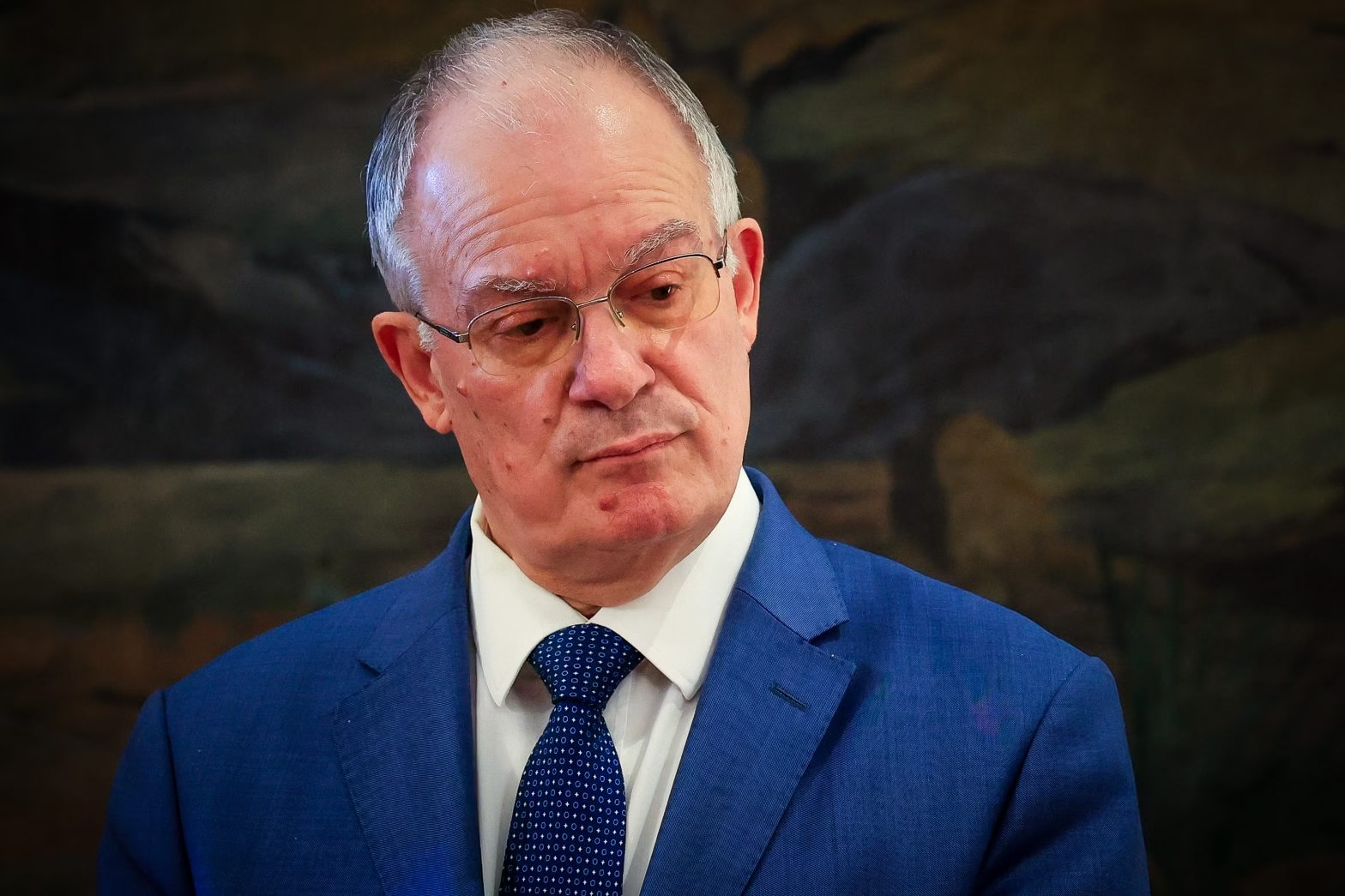Leaders of the 27 European Union countries achieved a breakthrough on Thursday, finalizing a deal to provide Ukraine with a substantial €50 billion ($54 billion) support package for its economy devastated by the war. European Council President Charles Michel announced the agreement during a summit in Brussels, highlighting the long-term, predictable funding aimed at aiding Ukraine’s recovery.
The surprise move came as Hungary, led by Prime Minister Viktor Orbán, withdrew its earlier threats to veto the financial aid package. Orbán had raised objections in December, citing disputes with the European Commission over democratic issues, resulting in a withheld portion of Hungary’s funding.
The €54-billion aid package, scheduled from 2024 to 2027, was initially approved by 26 other leaders in December, alongside designating Ukraine as a candidate for EU membership. However, unanimous approval was required, leading to Hungary’s previous objections.
In a twist of events on the eve of the summit, a small group of leaders, including Michel, German Chancellor Olaf Scholz, and Dutch Prime Minister Mark Rutte, engaged in talks with Orbán to explore options for overcoming the veto. Diplomats worked late into the night, refining the agreement’s wording, with a breakthrough achieved in another small-group meeting early Thursday.
Orbán, claiming victory, stated in a Facebook video that a review mechanism attached to the funding package would ensure the rational use of funds, addressing concerns about EU money being redirected to Ukraine. He asserted that Hungary’s funds, currently frozen by the commission, would not be transferred to Ukraine.
Ukrainian President Volodymyr Zelenskyy welcomed the decision as “very important,” with the possibility of receiving the initial funds in March upon European Parliament endorsement.
Despite the quick resolution, some leaders criticized Orbán for what they perceived as political gamesmanship. Concerns were raised about potential fatigue in public support for aiding Ukraine, considering the ongoing conflict with Russia.
The EU’s financial support for Ukraine is crucial for long-term economic stability, as the war has left the country in dire need of economic assistance. The agreement, now in place, is seen as a significant step forward in providing sustained support to Ukraine’s recovery efforts.



